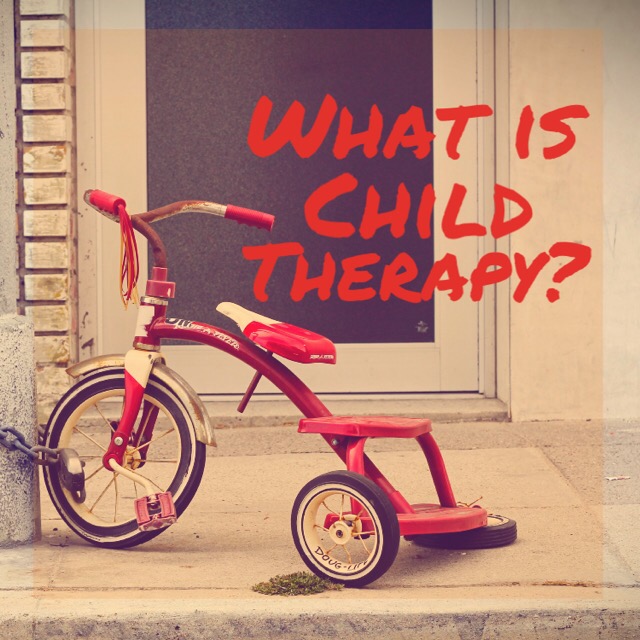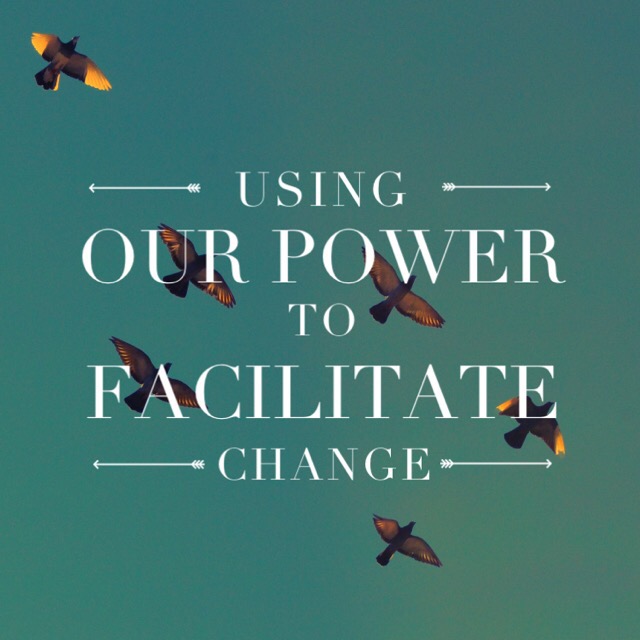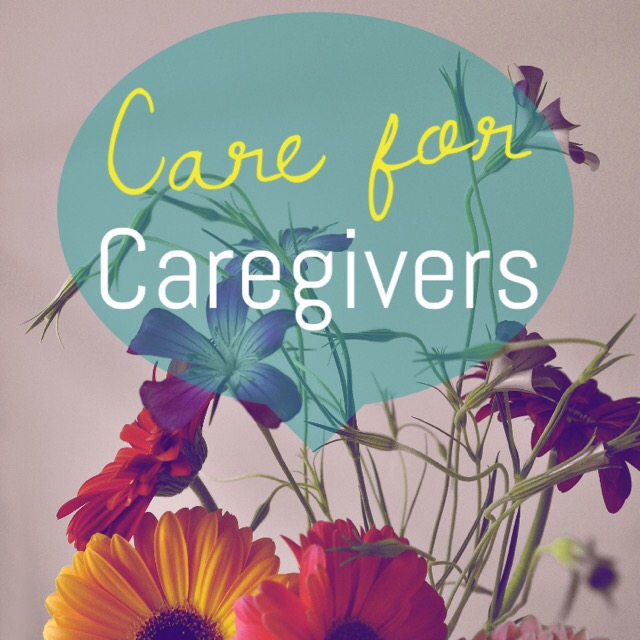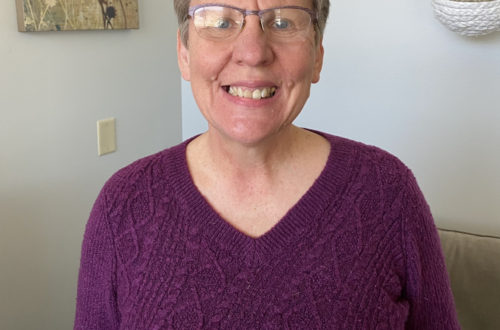
What Is Child Therapy and How Does It Work?
By Carolyn Knarr, MSW, LCSW, Director of Children’s Therapeutic Services
Our children are a heritage from the Lord (Psalm 127:3). They bring abundant joy, although, raising them is not without its challenges. Parents have a responsibility, not only to meet the physical needs of their children, but to also provide a safe haven that fosters emotional and psychological growth, and achieving that is no simple feat. Sometimes parents reach the point where they literally do not know the best way to help their children. That’s when bringing a trained professional into the picture may prove beneficial.
Counseling for children? Yes. People are sometimes surprised at the idea of sending children to a professional counselor, but children can have serious problems too, even young children. Counseling helps them in a variety of ways. They receive emotional support, resolve conflicts with people, understand feelings and problems, and try out new solutions with the support and coaching of a therapist. Goals for therapy may include: change in behavior, improved relations with friends or family, less anxiety, or better self-esteem.
What Sessions Look Like
Children are usually seen on a weekly basis to build rapport, work consistently on goals, and build momentum toward change. A week is a long time to a child, and they often want to come back sooner! The number of sessions needed depends on the complexity and severity of problems. Studies have found that children as young as three can benefit from psychotherapy.
We begin each session by talking to the child about their week, concerns or problems which have occurred, and progress made. We then have a hands-on activity to work with the child on their specific goals. If there is still time available, the child can pick out an activity of their choice. This may be a game or toy. Often, therapy continues during this time without the child realizing it. It also helps the child transition from the sometimes intense topics discussed in therapy.
Types of Therapy
Therapists at Agape use Cognitive Behavior Therapy when working with children. This means that we help children understand why they are doing the things they do and thinking the way they think. We teach children new behaviors and ways of thinking based on this knowledge. We are very goal-oriented, and each session has a purpose.
Many of our child therapists are trained in specific research-based treatment approaches such as trauma-focused cognitive behavior therapy, Autplay, attachment therapy, and others. These are utilized for specific childhood disorders such as autism, reactive attachment disorder, and trauma, just to name a few.
Parental Involvement
We work closely with parents, as we need their support to help children make lasting changes. We provide updates at the beginning of the session, or phone calls between sessions. In return, we like to hear about progress seen, concerns, significant occurrences since we have last seen the child, and questions parents may have.
Parenting is one of the hardest jobs there is, and we try our best to give parents knowledge, support, and insight into their child’s problems. Often we will give recommendations to help support our interventions.
Confidentiality
We try hard to help children feel that they can talk with us and trust us with very personal thoughts and information. For this reason, we usually do not give parents specific information shared in sessions, unless there is a specific and important reason to do so. We will share with parents issues we are working on, degree of cooperation and progress, and concerns we may have.
In general, confidentiality is protected by law, and we can only release information to others besides the parents or legal guardian with their written permission, but there are a few exceptions. When we feel a child is being abused, or has been abused, or if we feel the child is at risk to hurting themselves or others, by law we must make a report. This includes talking with parents about these concerns. Fortunately, these instances are rare.
Children, who are struggling with a problem they cannot overcome, are vulnerable to issues relating to self-image and to responding poorly to other emotional and psychological stressors. Childhood is a formative time and it is important that our children develop with healthy psyches. Proverbs 12:18 tells us that “the tongue of the wise can heal.” If your child has a problem that is not moving toward resolution, it may be time to think about bringing someone into the picture who can help get them – and you – past that stumbling block.
 About the Author:
About the Author:
Carolyn Knarr earned her Master’s Degree from Washington University, and has been counseling for over 20 years. She is a member of the National Association of Social Workers, and is a licensed clinical social worker.
Carolyn has a strong background in working with children and adolescents with ADHD, attachment disorder, trauma, bipolar disorder, and Asperger’s. She works closely with their families to help them with the emotional and behavioral aspects of these disorders. She utilizes play therapy, family therapy, and cognitive behavioral therapy, and is qualified to do psychological assessments with children. Carolyn also sees adult clients, couples, and families.
Through counseling, Carolyn helps her clients look at past and present relationship issues, communication patterns, and the potential for healing and growth.





